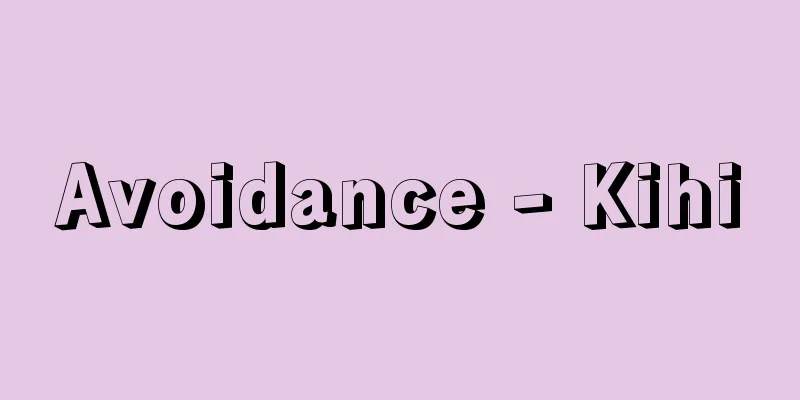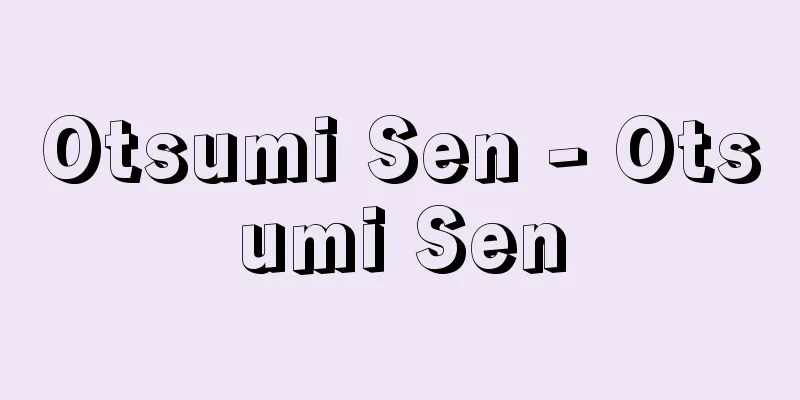Avoidance - Kihi

|
In cases where a judge has a special relationship with a case and performing his/her duties in that case would impair the fairness of the trial, the judge can be excluded from performing his/her duties in that case at the request of the parties in court. This system was established to ensure the public's trust in the trial. In civil cases, this applies when there are circumstances that would impede fairness other than the grounds for exclusion, such as the judge being a close friend or enemy of the parties, or having an economic interest in the case, and in criminal cases, a judge can also be challenged when there are grounds for exclusion. Recusal is made by a court decision based on the request of the parties. Since the effect of recusal only comes into effect when a judgment to recuse is made, in principle, the proceedings are suspended if a petition for recusal is filed to prevent unfair proceedings from proceeding before that time (Article 26 of the Civil Procedure Act). Recusal is also permitted for court clerks, expert witnesses, interpreters, arbitrators, and participants. In addition, the lay judge system was implemented in criminal trials from May 2009. Regarding lay judges, those who the court deems to be unfair in trials cannot serve as lay judges (Article 18 of the Law on Criminal Trials with Lay Judges). In addition, those who hold certain occupations cannot serve as lay judges (Article 15 of the same law). Those who fall under almost the same reasons as those for disqualification are also unable to serve as lay judges in certain cases (Article 17 of the same law). [Yoshinobu Homma] [Reference] | | |Source: Shogakukan Encyclopedia Nipponica About Encyclopedia Nipponica Information | Legend |
|
裁判官が事件と特殊な関係にあって、その裁判官が当該の事件について職務の執行をすれば、裁判の公正が妨げられる場合に、当事者の申立てにより、裁判で、その裁判官を当該事件の職務の執行から排除すること。裁判に対する国民の信頼を確保するために設けられた制度である。民事訴訟では、除斥原因以外の公正を妨ぐべき事情、たとえば裁判官が当事者と親友、仇敵(きゅうてき)である(敵対関係にある)とか、事件と経済的利害関係を有するなどの事情のある場合がこれにあたり、刑事訴訟では除斥原因のあるときにも忌避できる。忌避は当事者の申立てに基づき、裁判所の裁判によりなされる。忌避の裁判により初めて忌避の効果が生ずるのであるから、それまでに不公正な手続が進められないよう、忌避の申立てがあれば、原則として訴訟手続は停止される(民事訴訟法26条)。裁判所書記官、鑑定人、通訳人、仲裁人、参与員についても忌避が認められている。なお、刑事裁判において、2009年(平成21)5月から、裁判員制度が施行された。裁判員については、不公平な裁判をすると裁判所が認めた者は裁判員となることができない(裁判員の参加する刑事裁判に関する法律18条)。このほか、一定の職業にある者は裁判員になれない(同法15条)。除斥原因とほぼ同様の事由に該当する者も、特定の事件について裁判員となることができない(同法17条)。 [本間義信] [参照項目] | | |出典 小学館 日本大百科全書(ニッポニカ)日本大百科全書(ニッポニカ)について 情報 | 凡例 |
<<: Millet - millet (English spelling)
Recommend
Red-breasted newt - Red-breasted newt
...General term for amphibians in the family Sala...
Thunia
...(1) Tropical Asia: A wide area stretching from...
Bahrain - Kingdom of Bahrain
A kingdom in West Asia, consisting of more than 3...
Plântegenêt (English spelling)
…Later it was divided into the County of Anjou an...
Winter Yellowtail - Kanburi
…Nowadays, when people talk about yellowtail all ...
Frederiksborg
This castle occupies three islands on a lake in Hi...
Sovcolor
...Color expression also developed in the UK duri...
Capa (Portugal) - Capa
…an outer garment worn over clothing to protect a...
Michał Korybut Wiśniowiecki (English spelling) Michal Korybut Wisniowiecki
…This was the fourth interregnum. The szlachta we...
History
A poetry magazine. First published in May 1935 (S...
Material point; material particle
A point-like object with mass. It is a hypothetica...
Kaga Goto
...The fifth Goto Tokujo was employed by Toyotomi...
Mujahideen Movement - Mujahideen Movement
Mujahideen means "one who wages jihad (holy w...
Gordon Riot - Gordon Riot
The largest riot in British history occurred in Lo...
Monachosorum flagellare (English spelling) Monachosorum flagellare
…[Shigeyuki Mitsuda]. … *Some of the terminology ...









